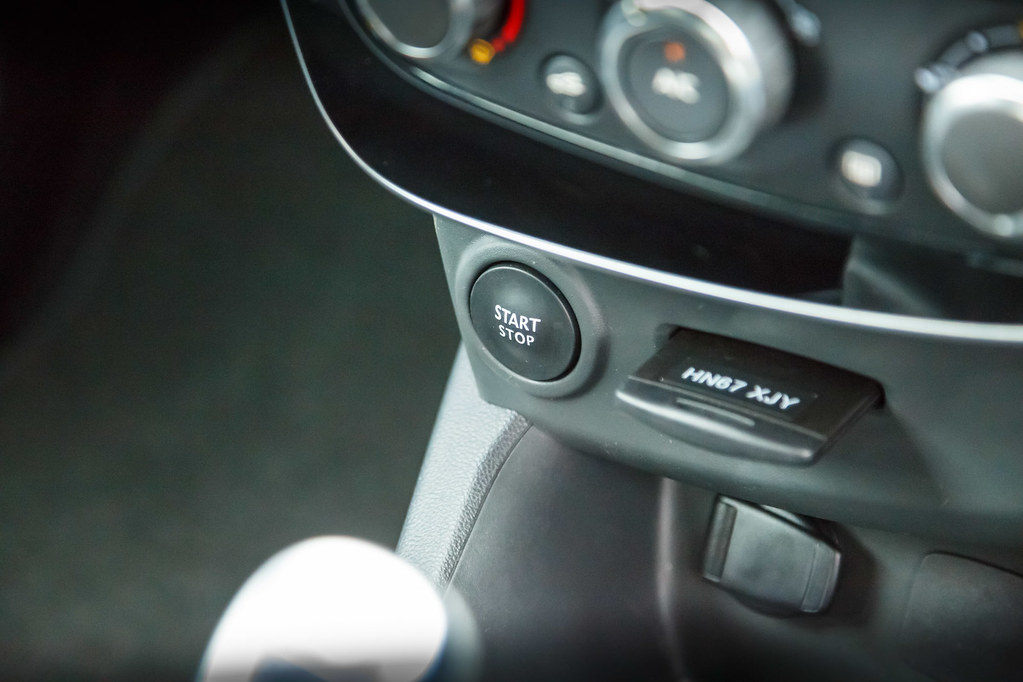You just turned your ignition key, expecting the familiar sound of your car roaring to life, but instead, you encounter silence or, worse, just the faint, unsettling clicking noise. We’ve all been there. A car that refuses to start when needed can be a significant cause of frustration. However, understanding the common reasons and their solutions can go a long way in addressing such situations.
In this comprehensive guide, we will look at 14 reasons why your car won’t start and their possible solutions (including other similar issue such as where your car won’t turn over but has power), answer frequently asked questions on this subject, and provide additional insights. By the end of this blog post, you’ll have a more concrete idea of how to handle a car that won’t start.
Why Your Car Won’t Start: 14 Reasons and Solutions
- Dead Battery: Engine not turning over, dashboard lights not turning on, and flickering headlights might indicate a dead battery. The remedy is to use jumper cables or a portable jump starter, or consult a mechanic to test and replace the battery.
- Bad Battery Connection: Loose or corroded connections can stop the car from starting. Tighten the connections or seek professional help for battery corrosion.
- Bad Alternator: Dimming interior lights and burning smells are signs of a faulty alternator. Have a mechanic inspect and replace the alternator if necessary.
- Car is Not in Park or Neutral: A car in gear won’t start. Switch the gear to neutral or park and press the brake pedal.
- Faulty Fuse: A damaged or blown fuse can disrupt power to the starter relay. Refer to the owner’s manual and call a mechanic if needed.
- Bad Fuel Pump Relay: Symptoms include stalling or inconsistent acceleration. Swap relays to check or have a mechanic inspect the fuel system.
- Issues with Ignition Switch: If the key doesn’t turn or the dashboard flickers, you might be dealing with an ignition switch problem. Carry a lighter keychain or have a professional fix the switch.
- Dead Key Fob Battery: A dead key fob battery can prevent the engine from starting. Replace the battery or consult a mechanic.
- Bad Starter Motor: Slow engine crank and grinding noises are signs of a faulty starter motor. Have a mechanic replace the starter or starter solenoid.
- Bad Spark Plug or Broken Distributor Cap/Rotor: Symptoms include reduced fuel economy and rough idling. Consult a mechanic to inspect and replace components if needed.
- Timing Belt Needs Replacing: A broken timing belt can stop the engine from functioning. Have a mechanic replace the belt.
- Not Enough Gas in the Fuel Tank: A common reason for a car not starting. Ensure the gas tank has enough fuel and check the fuel gauge for accuracy.
- Clogged Fuel Filter: A clogged filter can prevent fuel from reaching the engine. Follow manufacturer recommendations for changing the fuel filter and use high-quality gasoline.
- Ground Cable Wiring Problem: Issues with the ground cable can stop power from flowing to the engine. Visually inspect the cable and replace it if necessary.
Frequently Asked Questions (FAQs)
Having a car that won’t turn over but has power can be baffling. Here are some FAQs to give you more clarity:
How to Start a Car With a Bad Starter: Check the wires and connectors of your car’s starter. A gentle tap on the starter with a hammer can sometimes close the gap between the armature and the starter motor’s brushes, allowing the car to start. You could also bypass a bad starter relay by jumping the motor’s positive terminal to the solenoid’s terminal.
How to Test a Car Battery: Turn off the ignition and use a multimeter set to 20 DC volts. Connect the red probe to the battery’s positive terminal and the black probe to the negative terminal. A reading between 12.4 to 12.7 volts indicates a good battery.
Understanding the Car Starting Process
Understanding the steps your car takes to start can help you troubleshoot. The process begins when the ignition key is turned, activating the starter motor, which then turns the engine over.
Once the engine starts, the alternator takes over from the battery, providing the power necessary for your vehicle’s electrical systems. From the fuel injection system to the ignition spark, a variety of processes work in harmony to start your car.
What to Do If Your Car Still Won’t Start
If your car continues to resist starting despite the above tips, it may be time to call a tow truck and have your car checked by a professional mechanic. It’s crucial to remember that some issues may require specific diagnostic tools and expertise that only professionals have.
Troubleshooting a car that won’t start might seem daunting, but this guide provides a comprehensive starting point. With patience and a systematic approach, you can identify the root cause of the problem and hopefully get your vehicle back on the road soon.


